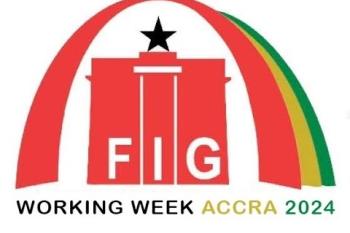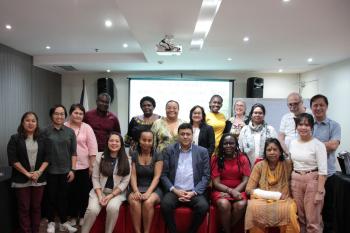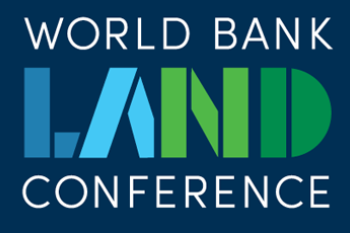
Participatory data-gathering for evidence-based planning in Muntinlupa City in the Philippines
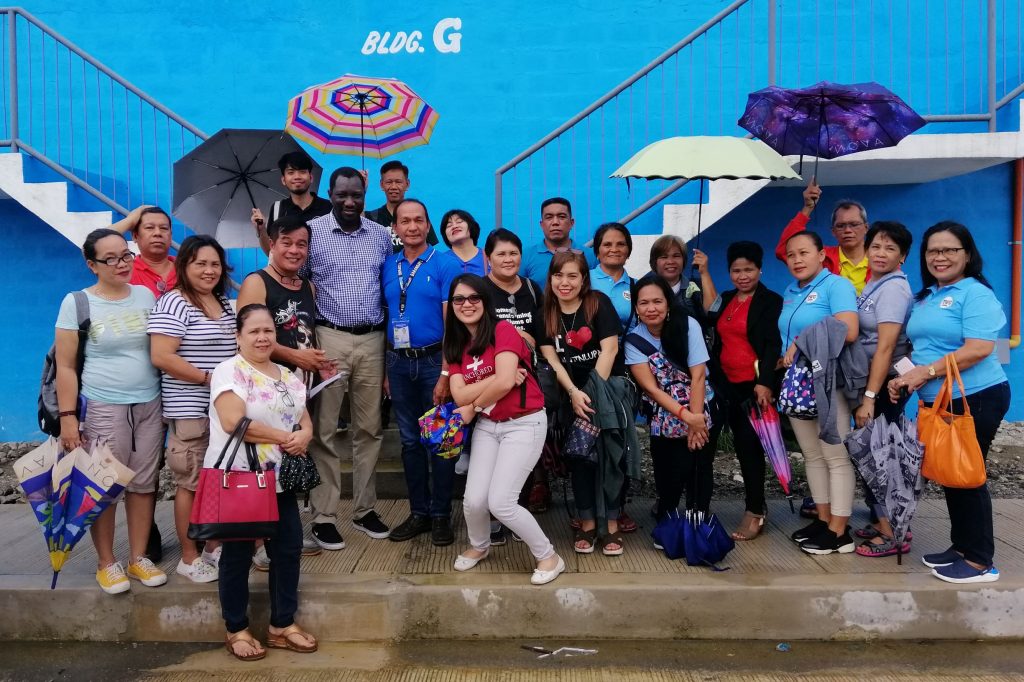 Mr. Oumar Sylla with members of Harmony Ville Muntinlupa-a government initiative in city resettlement. Photo credit: UN-Habitat/Lunalyn Cagan
Mr. Oumar Sylla with members of Harmony Ville Muntinlupa-a government initiative in city resettlement. Photo credit: UN-Habitat/Lunalyn Cagan
As part of the routine monitoring activities to inform project implementation decisions, the Land and Global GLTN Unit leader, Mr. Oumar Sylla visited the city of Muntinlupa between the 20th and 21st of September 2019 where he was hosted by the implementing partners TAMPEI, HPFPI and the GLTN focal point in the Philippines Ms. Lunalyn Cagan. Together with different community leaders from eight barangays in Muntinlupa, Mr. Sylla participated in field visits and actively interacted with communities on the current interventions, and their experiences since the initiation of mapping enumeration in the city of Muntinlupa. The project in Muntinlupa has gained support from the city mayor and the city’s Urban Poor Affairs Office (UPAO). Likewise, the findings of the mapping and enumeration exercise have been presented to the Local Housing Board (LHB) which has enabled the recognition of TAMPEI and HPFPI as key organizations working in the informal settlements, and with this, the reservation of key positions on the LHB. At the barangay level, a Barangay Shelter Plan was established in one barangay in Muntinlupa; the Barangay Sucat. It is expected that this will be replicated and adapted by other barangays.
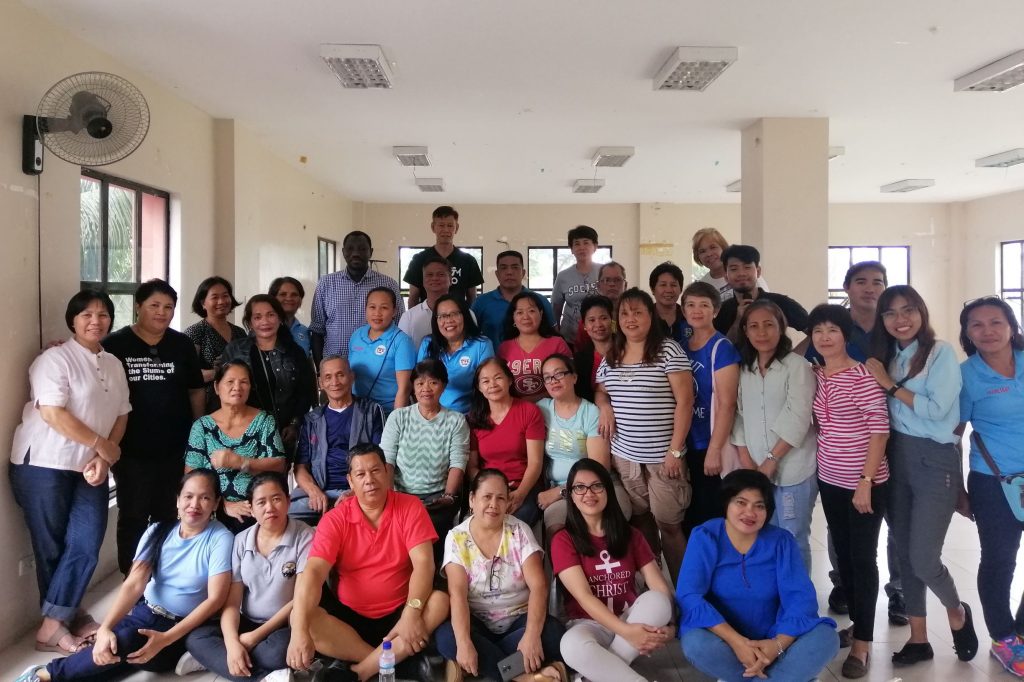 Mr. Oumar Sylla with leaders from the eight Barangays in Muntinlupa. Photo credit: UN-Habitat/Lunalyn Cagan
Mr. Oumar Sylla with leaders from the eight Barangays in Muntinlupa. Photo credit: UN-Habitat/Lunalyn Cagan
The Participatory and community-led processes during the implementation of this project have also created a platform for community members to bring their concerns on the table. The formation of a Technical Working Group (TWG) made up of community leaders from the 8 barangays has given a voice to the urban poor sector, specifically the informal settler families (ISFs) regarding their inclusion in the planning of the city. This has been made possible through their active engagement and participation in capacity building activities which has built their awareness and confidence in pursuing their rights to having secure tenure.
